
- In pictures
- In pictures
Sexy (medieval) times
Penis badges, the mysterious Office of the Night, and sneezing as a form of contraception – enter the surprising world of medieval sex. It wasn’t cold baths and self-denial for everyone, as Katherine Harvey explains.

- In pictures
- In pictures
The fast and the spurious
Extreme fasting has captured the public imagination for centuries. What pushes people to claim to go without food for improbable lengths of time?

- In pictures
- In pictures
The hermit life from medieval to modern
Can hermits get lonely? Explore solitary lives through the ages, from early religious ascetics to children imprisoned in churches, and on to those compelled to withdraw from modern life in the 21st century.

- In pictures
- In pictures
AIDS awareness posters from the 1980s onwards
The AIDS public health poster campaign chose print even in the internet age and dealt with issues of identity and behaviour like never before.
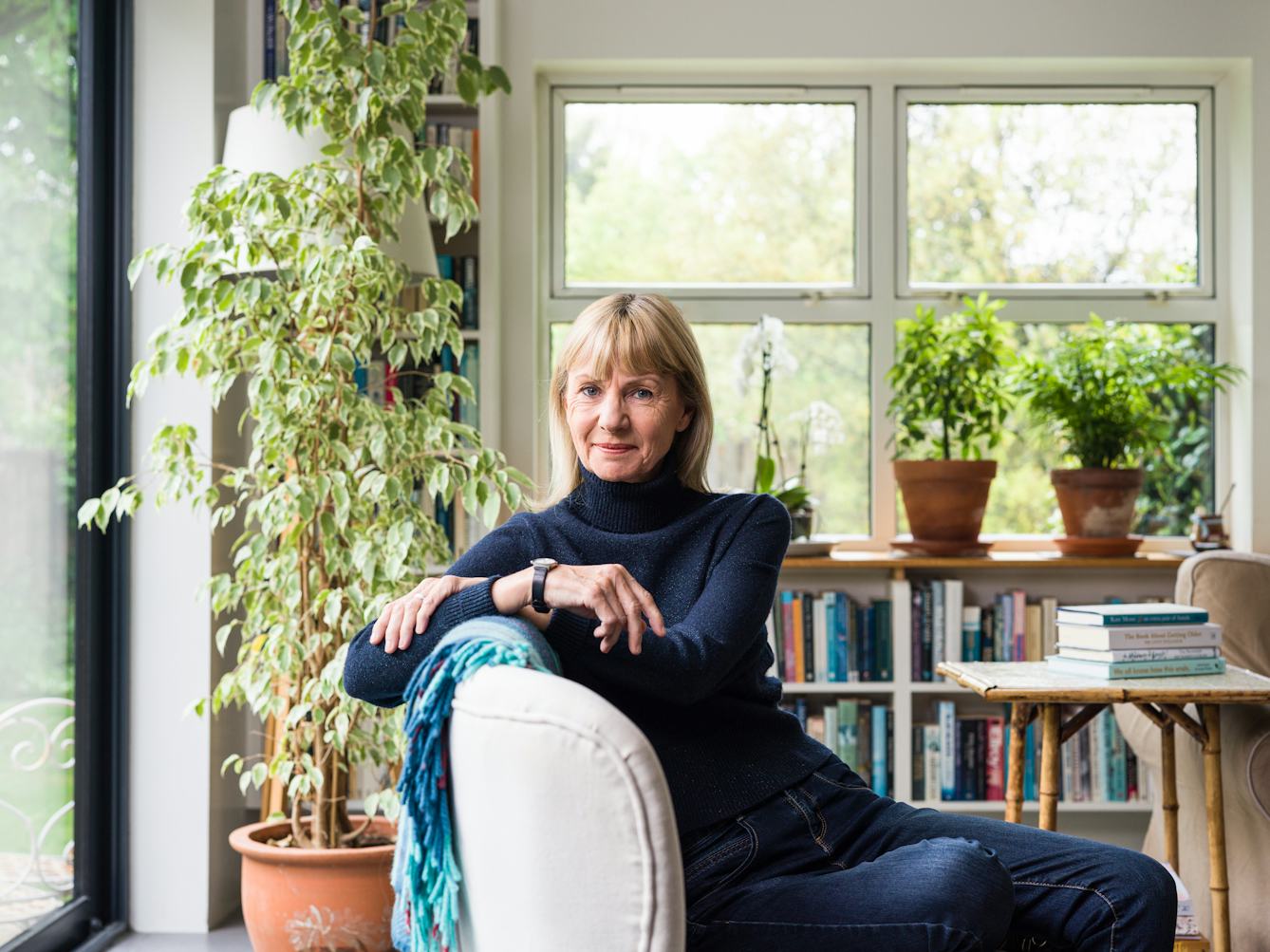
- Book extract
- Book extract
The give and take of caring
Kate Mosse argues that how we define ‘care’ matters, and explores the reciprocity of caring and being cared for.
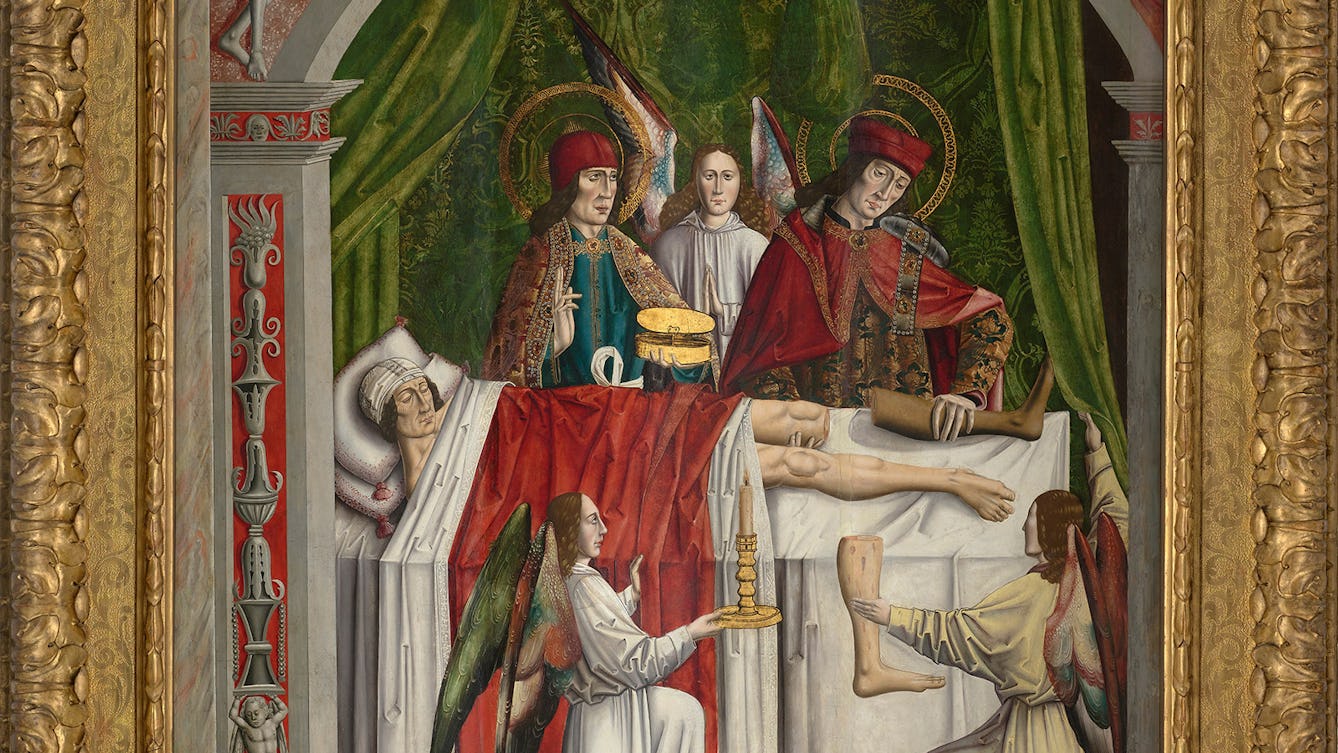
- Book extract
- Book extract
You, a thousand years ago
Jack Hartnell argues that, if we were transported into the medieval past, we’d find ourselves somewhere different yet strangely familiar.

- Article
- Article
Active pensioners, blooming gardens
To reach your 70s with over 300,000 Twitter followers or running a music festival is not the stereotypical image of retirement. But does this energetic engagement with life equal happiness?

- Article
- Article
Uncovering experiences of dementia
Focusing on three 19th-century women’s case notes, Millie van der Byl Williams explores how our definition of dementia has changed.
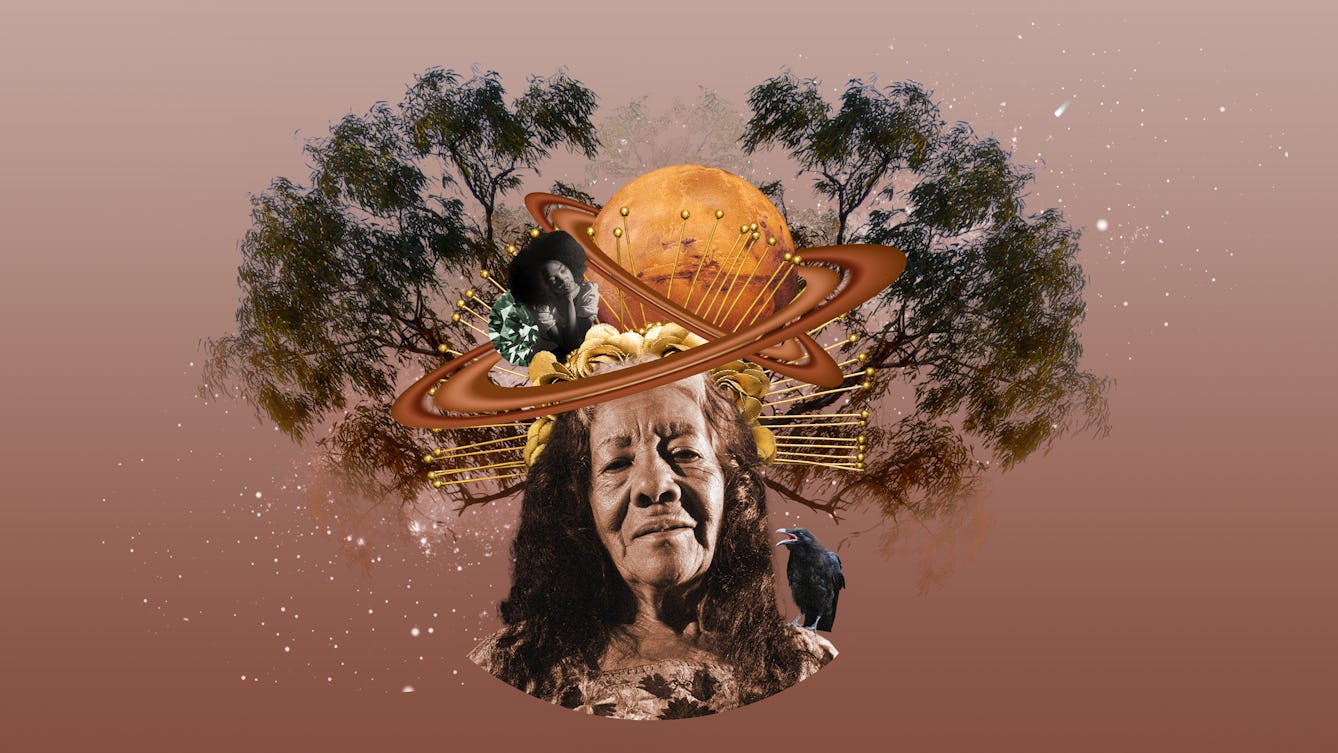
- Article
- Article
Crones
Menopause can be tough when nobody talks about it and all the stereotypes are negative, but it can also be transformative, marking the start of a new stage of life - cronehood.

- Article
- Article
Happiness in time
Trying to define happiness is like trying to grasp water: it evades us, constantly changing and becoming evident only in retrospect.

- Article
- Article
Exceptional talent and the trouble with IQ tests
Is a high IQ really a mark of genius, or does something else explain the exceptional?

- Article
- Article
How to talk to kids about race
When her daughter decided blonde was best, a red flag went up for Pragya Agarwal. In this essay, the behavioural scientist discusses childhood development, race and representation.
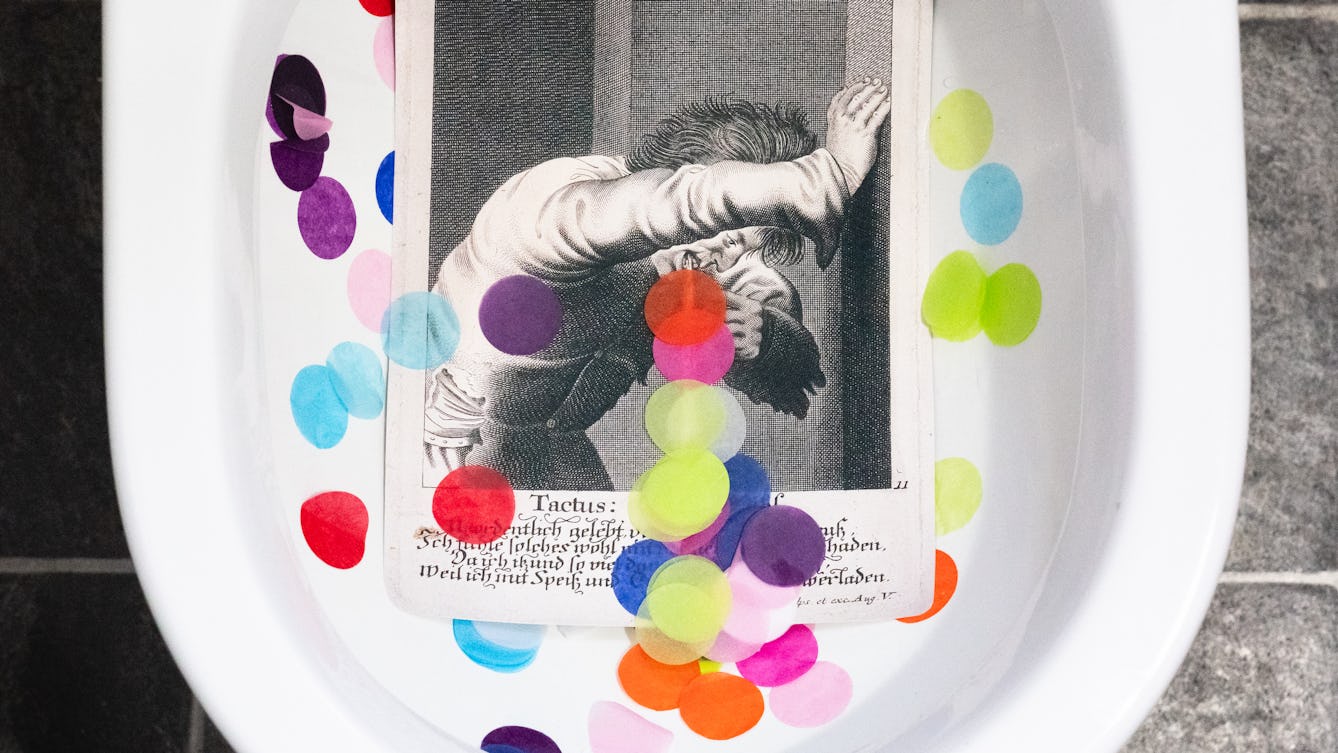
- Article
- Article
How I cured my fear of vomiting
Emetophobia ruled every waking moment of Alex’s life. Until he came to realise he couldn’t live that way any more.

- Article
- Article
Getting around the rules of sex education
What should we and shouldn’t we teach our teens about sex, inside and outside of the classroom?
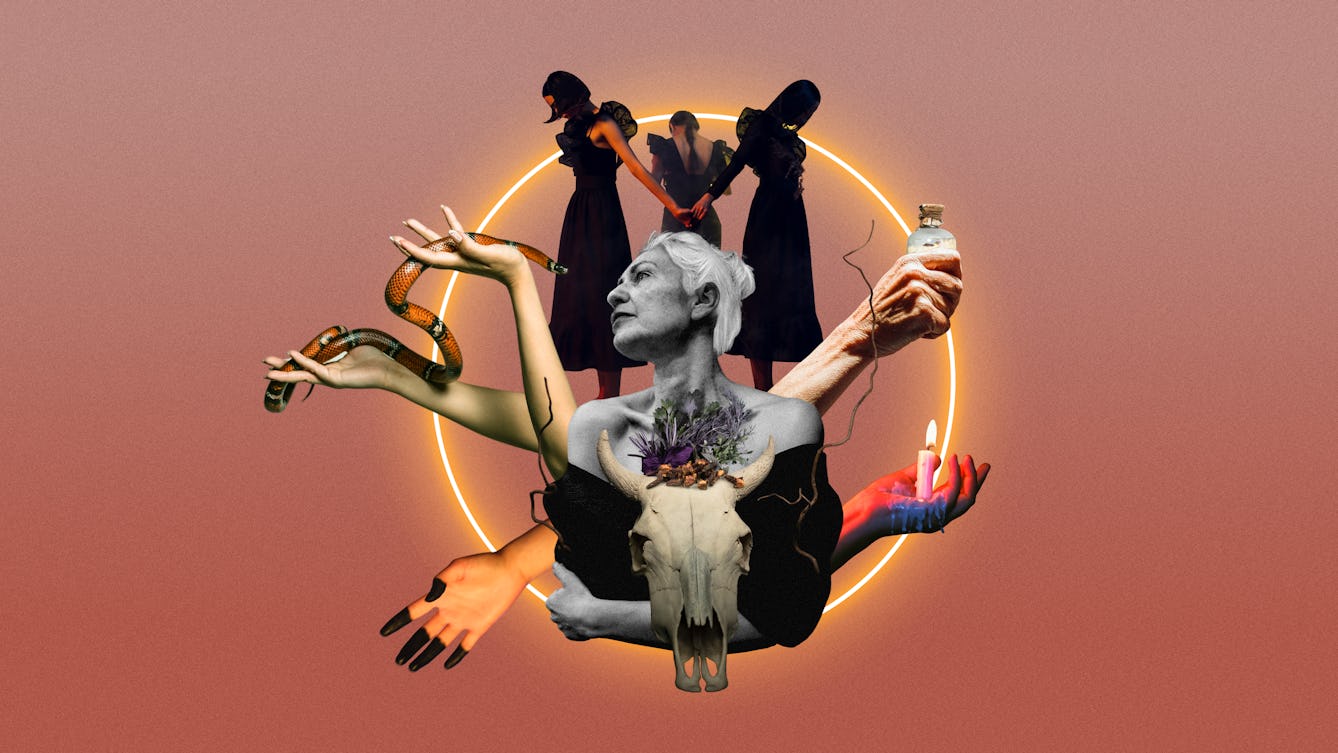
- Article
- Article
Witches
Many of the women persecuted as witches in the 16th-century “witch craze” were over 50 and exhibited signs of menopause. Helen Foster suggests that the stigma of the wicked witch still affects older women and how they deal with menopause.

- Article
- Article
Tragic artists and their all-consuming passions
Does having a debilitating disease help or hinder creative genius?
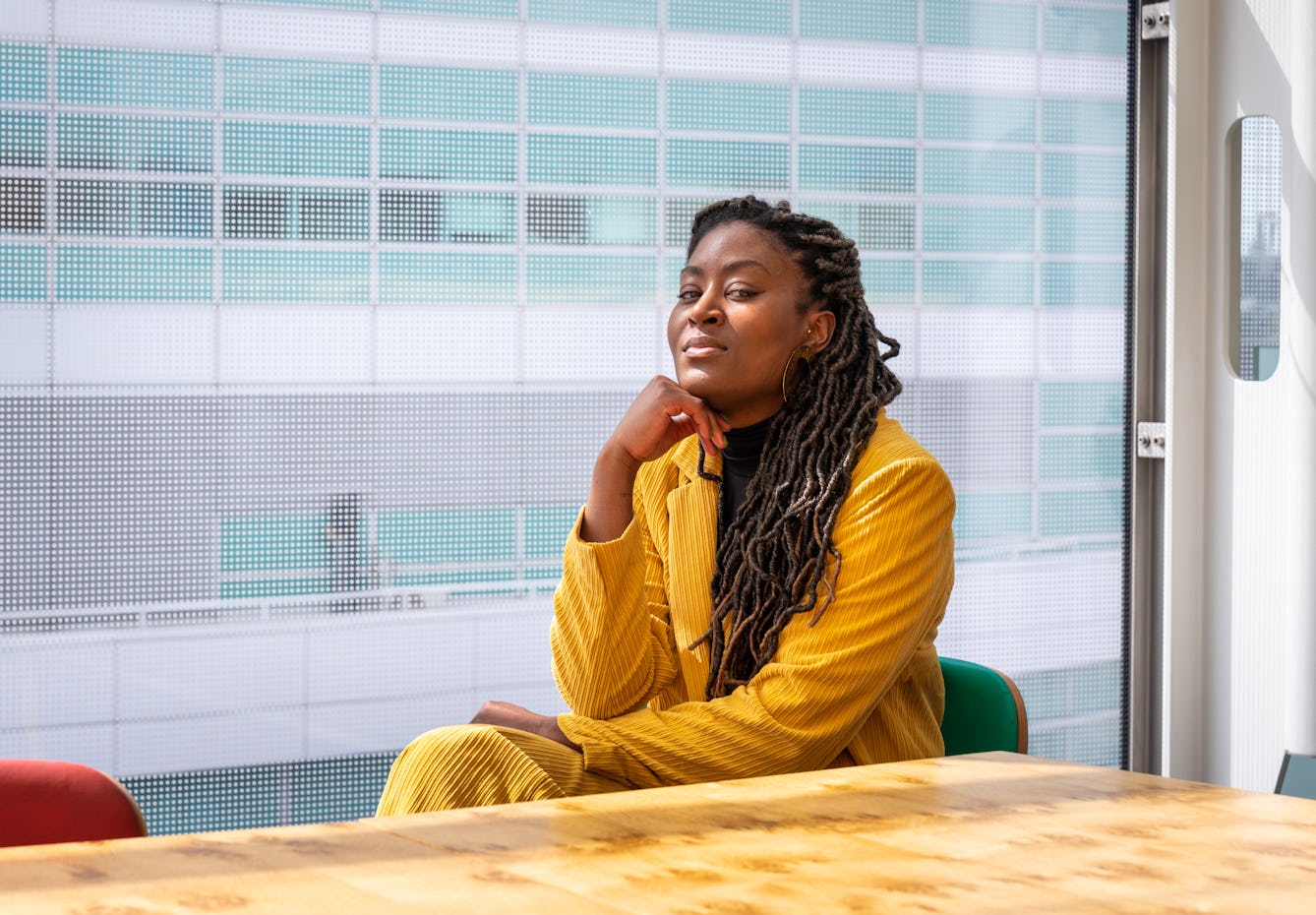
- Book extract
- Book extract
Why we need to decolonise healthcare
In this extract from ‘Divided’, Annabel Sowemimo describes the way her nana’s stroke and hospitalisation heightened her awareness of the need for us all to advocate for the health of others.

- Article
- Article
Cocaine, the Victorian wonder drug
Today, cocaine has a very poor public image as one of the causes of crime and violence. But for the Victorians it was welcomed as the saviour of modern surgery.

- Photo story
- Photo story
Generation portraits
Photographer Julian Germain’s major project focusing on portraits of multi-generational families came to a sudden halt during the various Covid-19 lockdowns. Here families celebrate coming together again in words and images.

- Article
- Article
Disability, education and prejudice
In the 1960s and 1970s, thalidomide survivors had to fight for a proper education. If they weren’t brought up in institutions, they were often viewed as objects of curiosity, encountering verbal and sometimes physical abuse, both at school and in the world beyond.
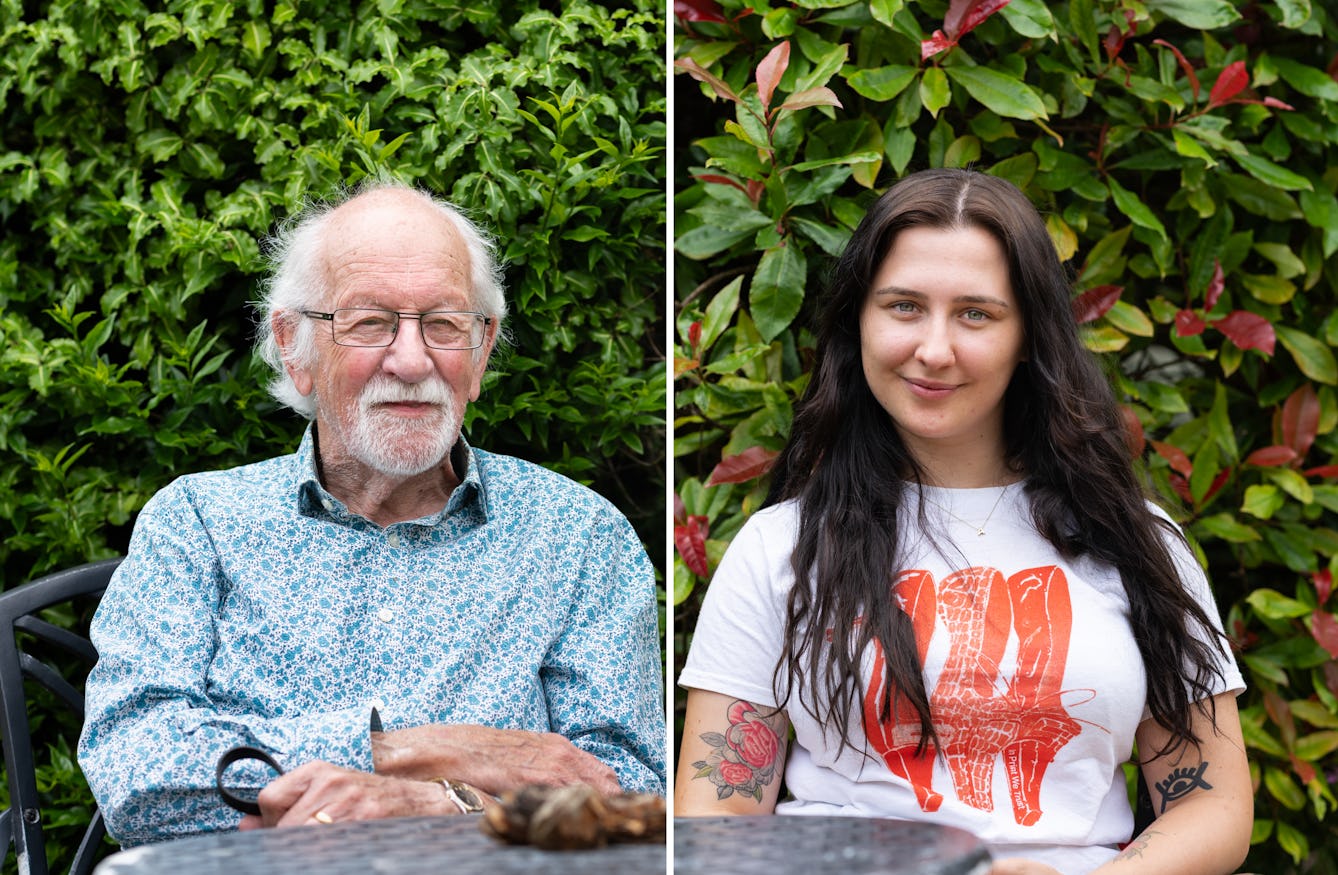
- Article
- Article
Life lessons across the digital divide
What could 86-year-old Tony teach 20-something Adele as she showed him how to use his smartphone? Rather a lot about digital exclusion, it turns out.
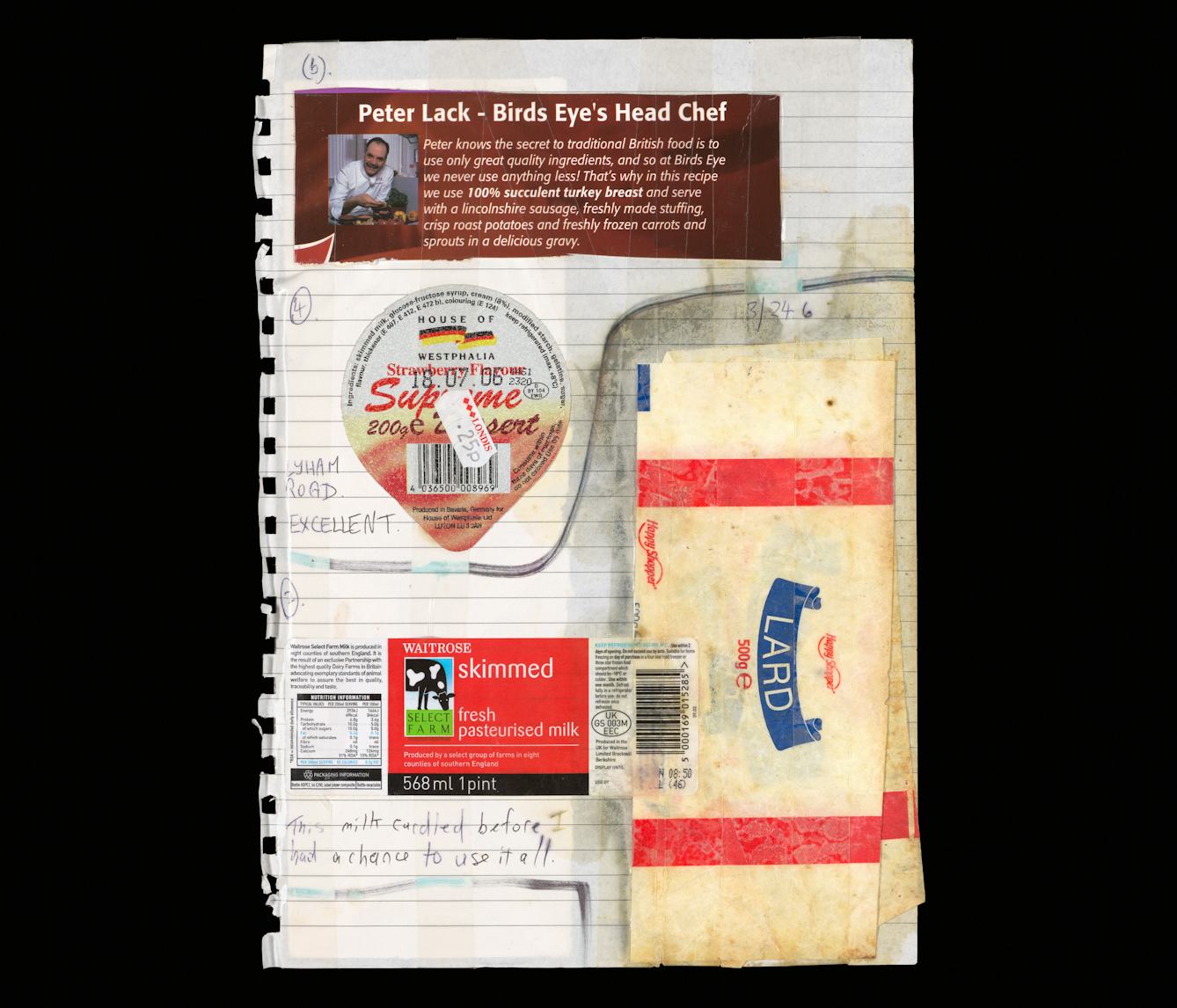
- Article
- Article
Conserving Audrey
Elena describes how specially designed storage allows Audrey’s scrapbooks to retain all traces of her creative process, although their intrinsic fragility means deterioration is almost inevitable.

- Article
- Article
Good animals, bad humans?
Could an animal be more evolved than a human? Victorian psychologists thought that in some cases the answer could be ‘yes’.
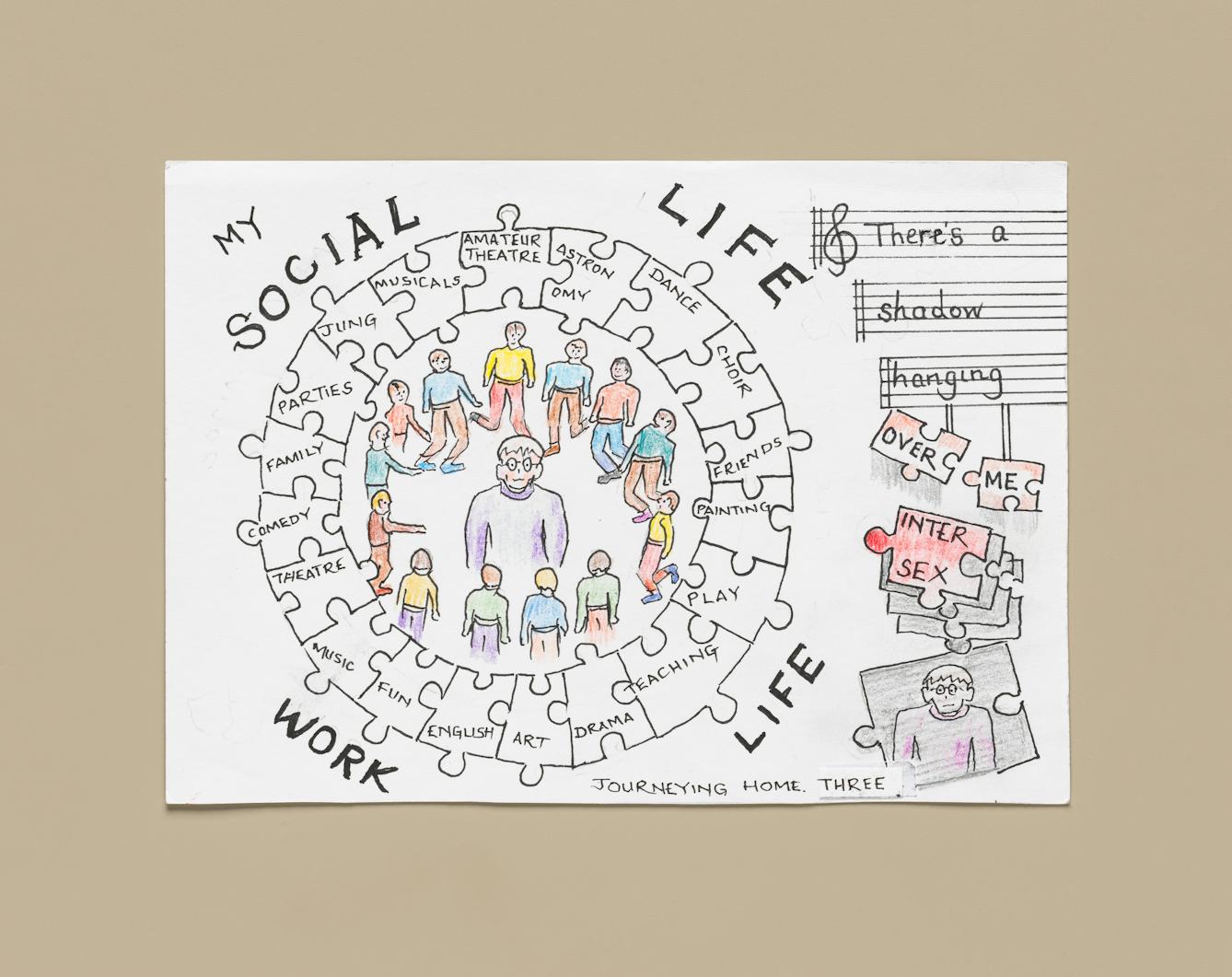
- Article
- Article
Journeying home
A serious health scare was the catalyst to Chris beginning the process of understanding his experiences more clearly, and using that new insight to help other intersex people.
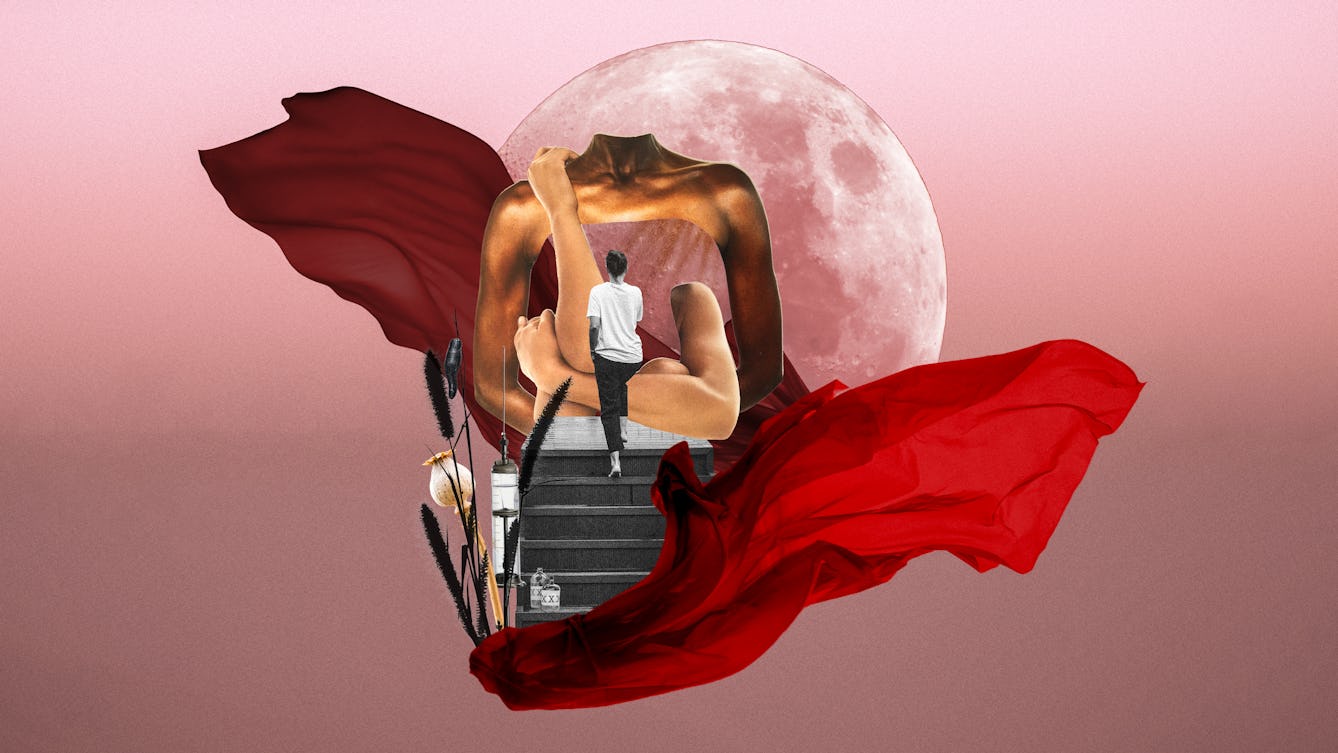
- Article
- Article
Blood
Discover the history, mythology and taboos around blood and menopause, and hear from some contemporary voices about their experiences of periods and the onset of menopause.